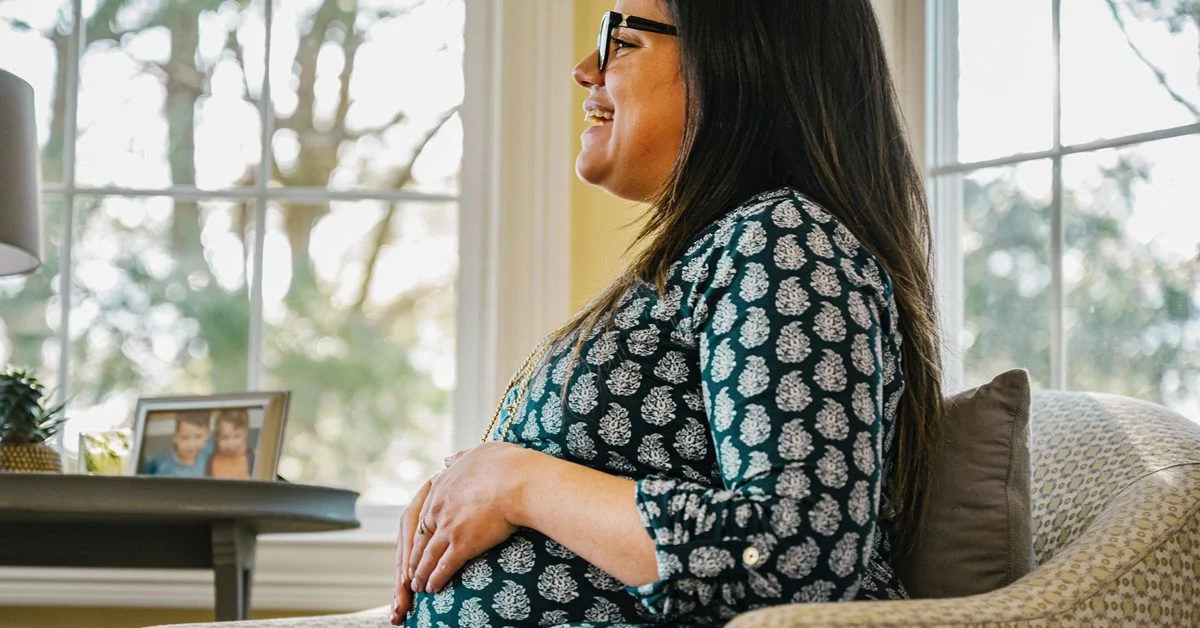In today’s world, the phrase “politically correct” often stirs up quite the debate. Whether you’re on the left, right, or somewhere in the middle, it’s a term loaded with emotion and interpretation. Over the years, it has been used both positively and negatively, often depending on who is using it and when. Nowadays, it’s frequently tossed around like a schoolyard insult, where being called “politically correct” can feel like being labeled a “coward” or “sissy.”
But let’s get this straight: I don’t see political correctness as a flaw. In fact, I view it as a fundamental aspect of kindness and respect. The notion that our language can hurt others, and that choosing our words carefully is important, has been a part of my beliefs since childhood. History is rife with examples of how harmful rhetoric can lead to unimaginable atrocities. Language has power, and it matters.
As a writer, I’m constantly thinking about word choice. Lately, political correctness seems to have morphed into a stand-in for basic decency. On one side, you have those who acknowledge that some people feel hurt and who suggest that generalizing an entire group is harmful; they’re often mocked for being too “PC.” On the flip side, some people hurl insults without a second thought, claiming they’re just being “honest,” and then play the victim when they’re called out for it. For me, expressing bigoted or disrespectful thoughts isn’t honesty—it’s just plain rude.
This so-called war on political correctness has become a convenient excuse for folks to regress into less tolerant behaviors. It’s alarming to see educated individuals acting like toddlers, reveling in the idea of dismantling “the system” while simultaneously tossing out the vital concept of human decency along with it. I’m tired of watching this happen. If being politically correct means not being a disrespectful jerk, then count me in. And I want my kids to be just as considerate.
Defining Political Correctness
Let’s take a moment to define what “politically correct” really means. According to Merriam-Webster, it’s about being careful not to use language or behave in ways that could offend specific groups. Sounds pretty civilized to me. I’m teaching my kids that their words and actions can either promote harmony among diverse communities or contribute to division.
Sure, some folks might get offended too easily. And no, we can’t guarantee that we won’t offend someone at some point. But that doesn’t mean we shouldn’t strive for kindness. What message does it send to our kids if we give up on trying to be thoughtful and considerate just because some people don’t appreciate it?
Every ideology has its extremes, and while political correctness can be challenging at times, it’s nowhere near as tough as living in a world devoid of common courtesy. I want my children to understand the significance of being respectful and thoughtful, and that dismissing those qualities as “politically correct” is a misguided approach.
I refuse to accept a world where decency is viewed as a weakness, and where hostility or bigotry are celebrated. If that’s the essence of the anti-PC movement, I know where my family stands. I’ll take being politically correct over being an insensitive jerk any day—and I’ll proudly teach my kids to do the same.
Further Reading
Now, if you want to dive deeper into the world of home insemination and fertility journeys, check out this informative article from Make a Mom. Also, for more insights on treating infertility, you can visit ACOG.
In summary, teaching my kids about political correctness is about instilling values of respect and kindness, not about limiting their freedom of speech. We should strive for a world where our words uplift rather than hurt, and where empathy reigns supreme.
